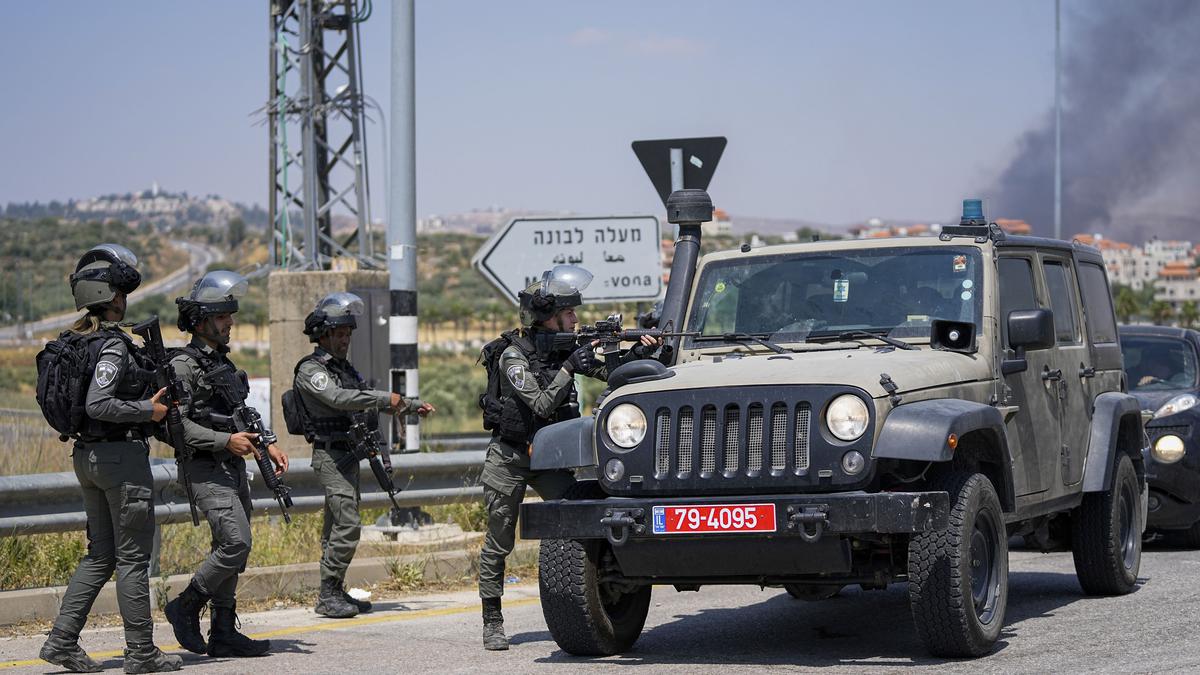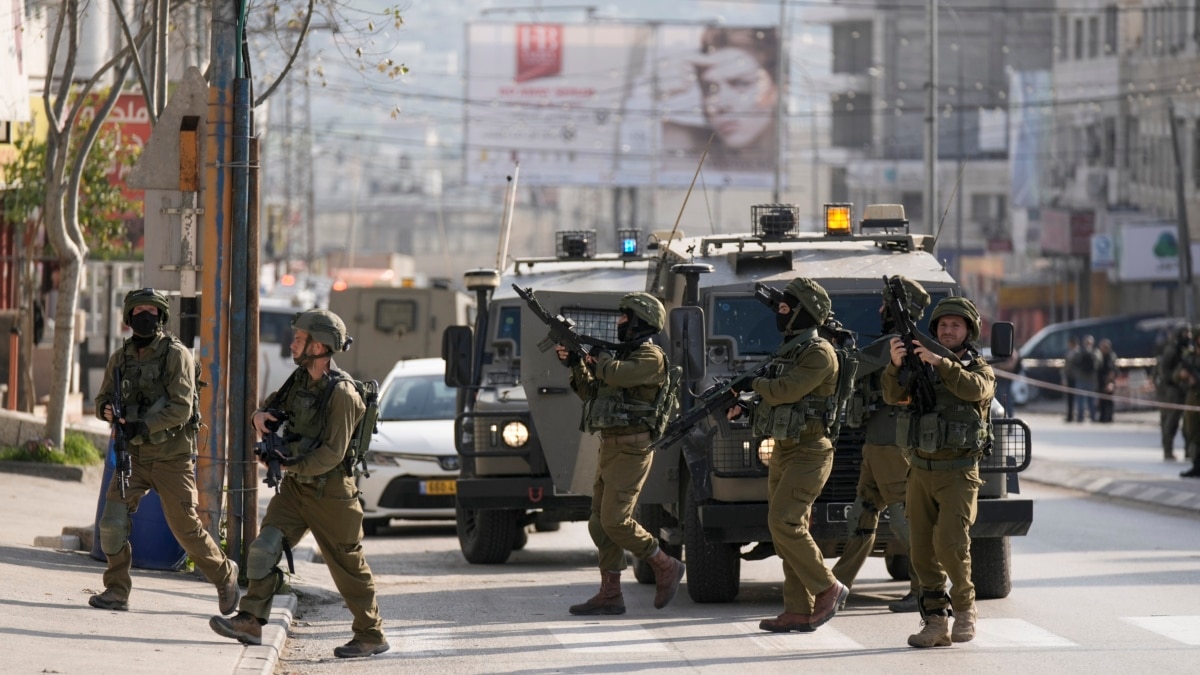
In the wake of a tragic Palestinian shooting attack that claimed the lives of four Israelis, Israel has taken immediate action to strengthen its presence in the West Bank and authorize plans for the construction of 1,000 new settler homes. These developments are expected to heighten tensions in the region, as settlement construction on occupied lands remains a contentious issue both among the Palestinians and the international community. In this article, we will delve into the details surrounding Israel’s response, the implications it carries, and the ongoing challenges in the Israeli-Palestinian conflict.
Outline:
- Introduction
- The Palestinian Shooting Attack: A Tragic Incident
- Israel’s Response: Beefing Up Troops in the West Bank
- Settlement Construction: A Point of Contention
- International Reactions and Concerns
- The Israeli-Palestinian Conflict: A Complex Issue
- The Need for Dialogue and Peaceful Solutions
- Conclusion
- FAQs
The Palestinian Shooting Attack: A Tragic Incident
On the day preceding Israel’s response, a devastating shooting attack took place, resulting in the loss of four Israeli lives. Such acts of violence leave a lasting impact on communities, fueling fear, anger, and grief. The incident sent shockwaves throughout Israel and called for a swift response from the government.
Israel’s Response: Beefing Up Troops in the West Bank
In response to the Palestinian shooting attack, the Israeli military has deployed additional forces across the occupied West Bank. This measure aims to enhance security and prevent further acts of violence. By increasing troop presence, Israel aims to reassure its citizens and deter potential threats.
Settlement Construction: A Point of Contention
Simultaneously, Prime Minister Benjamin Netanyahu announced plans to build 1,000 new settler homes in the West Bank. Settlement construction on occupied lands is a longstanding issue that has been a major point of contention between Israel and the Palestinians. The international community, including many countries and organizations, has consistently opposed such construction, as it undermines the prospects for a future Palestinian state.
International Reactions and Concerns
Israel’s decision to authorize new settlement construction has drawn criticism from various quarters of the international community. Concerns have been raised over the potential escalation of tensions and the impact it may have on the peace process. Many nations urge restraint and a focus on dialogue as the path to a peaceful resolution.
The Israeli-Palestinian Conflict: A Complex Issue
The recent events reflect the ongoing complexity of the Israeli-Palestinian conflict. Decades of disputes, grievances, and violence have deepened the divide between the two sides. The issue of settlements, borders, security, and the right to self-determination all contribute to the intricacy of finding a lasting solution.
The Need for Dialogue and Peaceful Solutions
To address the challenges and bring about a sustainable resolution, it is crucial for both parties to engage in meaningful dialogue. Open channels of communication, mutual understanding, and compromise are essential for forging a path toward peace. While security concerns must be taken seriously, it is vital to recognize the aspirations and rights of the Palestinian people.

Conclusion
Israel’s decision to beef up troops in the West Bank and approve new settlement construction in response to the deadly Palestinian shooting has further intensified tensions in the region. These developments underscore the ongoing challenges faced in the Israeli-Palestinian conflict. The path to peace requires a commitment to dialogue, understanding, and









